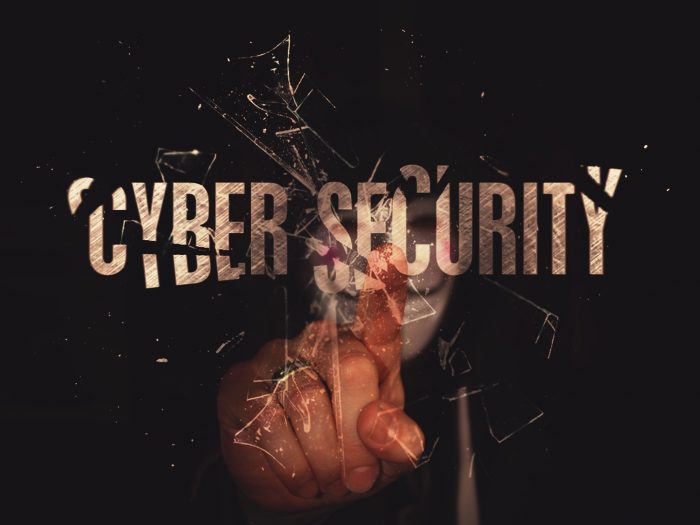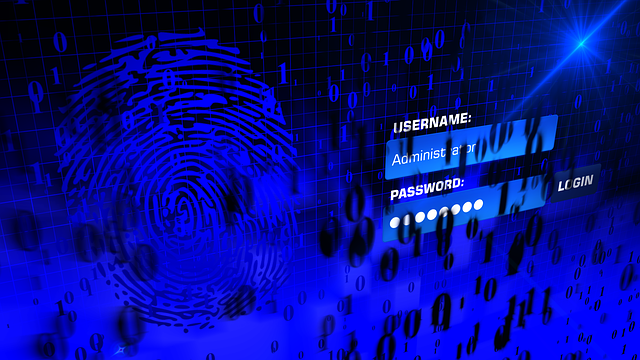As long as automation has developed with cloud computing, IoT equipment, and new software applications, companies have in turn invented a bigger attack level that opens the door for a more capable cyberattack.
Why do organizations need cybersecurity civilization?
Businesses devoting massively in cybersecurity generally base their contribution on automation but don’t adequately show up to the human side of it — which remnant the top cybersecurity danger for many companies.
Most of the time, cybercriminals will operate ambush on a company using fishing emails and analogous moves, making workers the first line of defence that needs to be invigorating. Finally, computers and applications are not beating on fishing emails, humans are — so that’s where cybersecurity contribution needs to be concentrated. Workers are also the ones with an everyday connection to many of the company’s computers, networks, and systems that means they play a very critical part in constructing flexibility in the hazard scene.
Why is it difficult for organizations to install cybersecurity civilization?
There are two logics generally come up as hurdle to build a well-bowed and viable cybersecurity civilization. When forward perfectly nonetheless, they can make the largest positive shock.
Buy-in lack of employee
Although multiple companies concentrating on creating cybersecurity alertness, not all persons accept their participation in the company’s security civilization. We find that alertness consistently runs big with IT and security units, but they’re only a little part of the picture.
Buy-in lack of executive
Whenever we talk about workers, our brain directly goes to the “employees,” but when reasoning in the terminology of cybersecurity civilization we need to add administration and executive command as well. All of them play a corporative role in a company’s cybersecurity flexibility.
Four steps to install cybersecurity civilization in an organization
Few accessible ways in sustenance security civilization in the company, such as instructing workers to not click on mistrustful links, do not share their identification and to have multiple identifications for multiple accounts.
Conquering the hurdle of worker and administrator buy-in, and having them all work with each other in partnership with IT and the security units will develop a truly cyber flexible company. We come to know that’s not easy, so we have a set of tips to help you develop a plan for security alertness practice:
1: We generally see companies scampering on the basics. This can develop a lot of distractions among workers — creating them to make confusion that could calmly have been dodged. Principles like having a strong identification policy can go very far. Specific identification policies will develop a powerful line of defence, making it solid for blackmailers to enter into your system.
2: Many people don’t like to be taught. It recalls us of the classrooms where we had to determine a bunch of stuff we weren’t engrossed in, granted in a non-alluring way. Commemorate that excitement? Well, there are truly no apologies for making security practices parallel that experience in the least.
3: Developing fun games and championships a part of alluring security practices will also help you keep track of its performance. Through fast and regular judgment and tests, make sure that the coaching you afford is helpful and that it provides detailed knowledge for your workers. These metrics will show you how far you’ve come with constructing and creating cybersecurity civilization.



